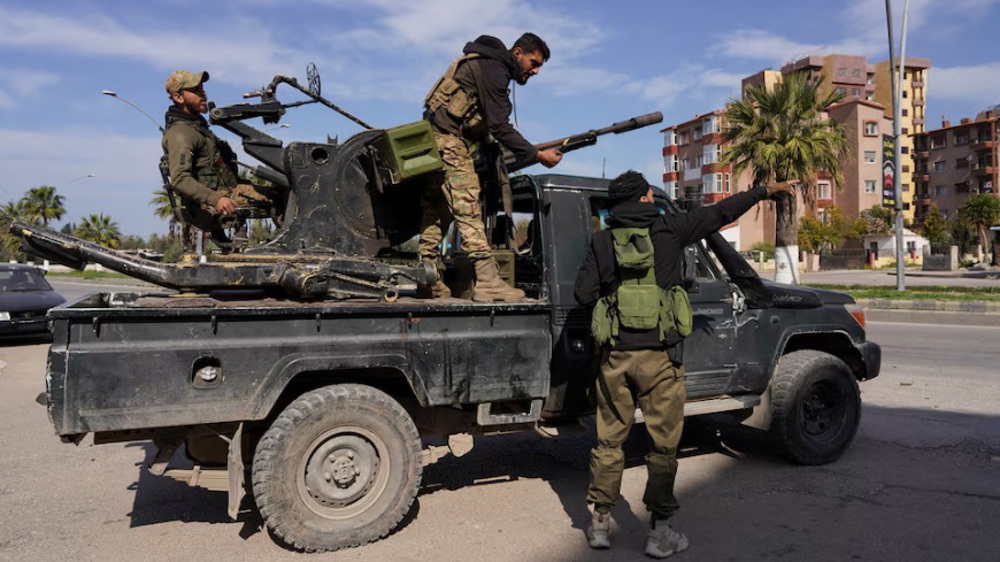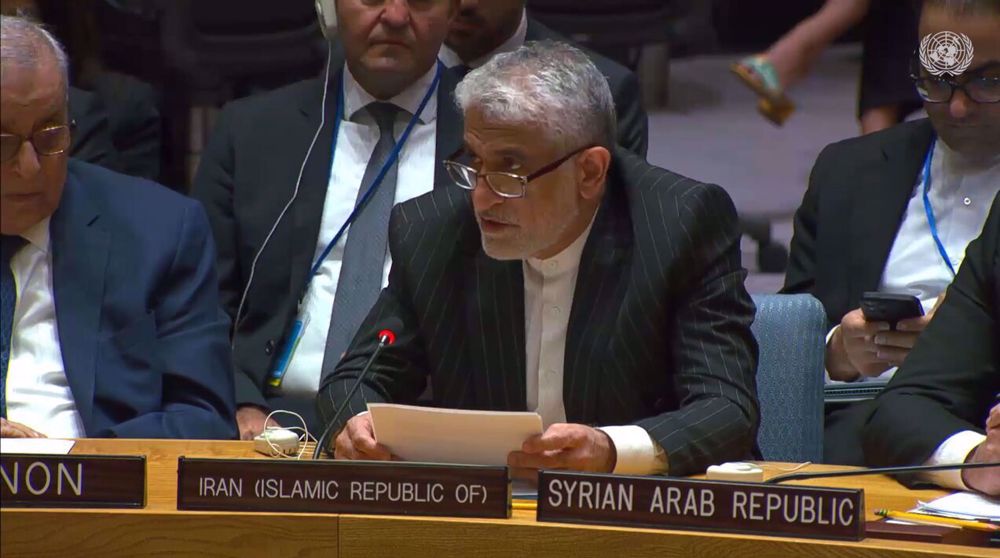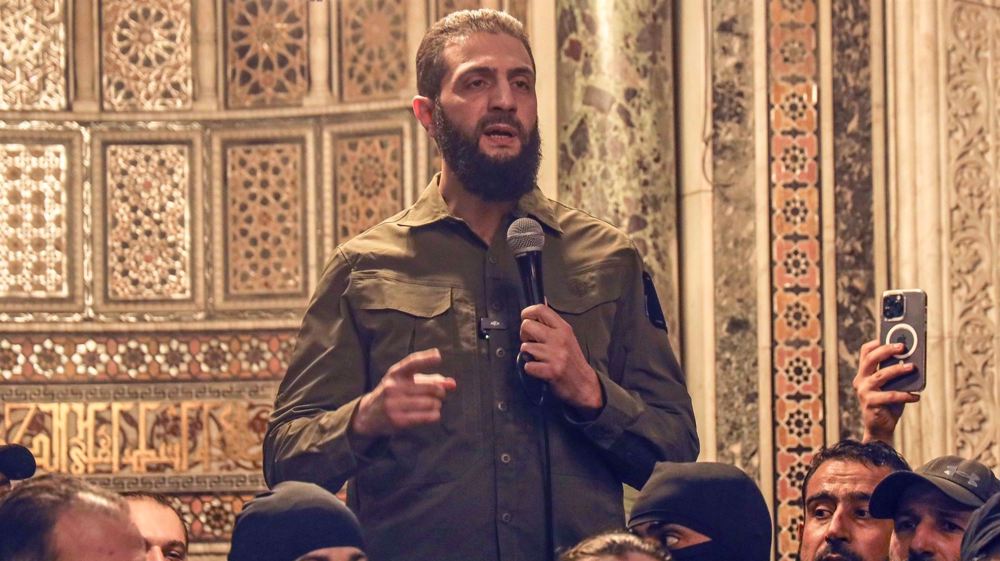Russia urges OPCW members not to fund new Syria gas attack probe team
Russia says creating a so-called investigative team within the Organization for the Prohibition of Chemical Weapons (OPCW) only suits the ends of the sponsors, urging the member states of the watchdog to vote against funding such a biased team.
Last year, member states of the OPCW voted to create the Investigation and Identification Team (IIT), whose task will purportedly be identifying the culprits behind toxic attacks in Syria, particularly the one occurred in the city of Douma near Syrian capital of Damascus on April 2018.
Washington and its allies blamed Damascus for the Douma attack, an allegation rejected by the Syrian government.
On Thursday, Russia urged the OPCW member countries in a meeting in The Hague not to vote for the creation of the ITT, threatening that Moscow would block next year's budget for the watchdog if it included money for the so-called investigative team.
“If the financing for the IIT comes out of voluntary contributions (the annual budget paid for by member states) then this will mean one thing only,” Russian Ambassador Alexander Shulgin told the meeting.
“It will mean that the backers (of the IIT) are going to hire so-called investigators looking at chemical crimes; they will be hired to draw up conclusions which suit the ends of the sponsors,” he said, adding, “This is disquieting. Confirmation can be found in what's happening surrounding Douma.”
Back in March, the OPCW said in a report that chlorine likely used in a suspected gas attack in Douma, stressing that it had not found any evidence of a nerve agent at the site.
The report was based on a visit by OPCW inspectors to the site of the attack.
The use of chlorine by foreign-backed terrorists is a long-known fact, while nerve agents are usually attributed to the Syrian government which surrendered its entire chemical stockpile in 2013.
Damascus says the foreign-backed militants with the Western-support White Helmets have staged the chemical attack in an attempt to frame the Syrian government.
One week after the suspected gas attack, the US, Britain and France launched a coordinated missile strike against sites and research facilities near Damascus and Homs. Damascus and its allies in the war saw the attack as a bid to prop up terrorists, faulting the invaders for ignoring Syria's repeated requests for an international probe into the incident.
WikiLeaks at the weekend released an email sent by a member of the OPCW in which its author accused the watchdog of doctoring a report on the Douma attack.
In the email, dated June 22, 2018, the author who was a member of a fact-finding team the watchdog deployed to the Syrian city to investigate the attack, said, “Many of the facts and observations outlined in the full version are inextricably interconnected and, by selectively omitting certain ones, an unintended bias has been introduced into the report, undermining its credibility.”
Earlier this year, an unreleased OPCW engineering report was also leaked to the Working Group on Syria, Propaganda and Media that refuted militants’ claim that the cylinders that the engineering team examined were dropped out of a Syrian government aircraft.
Several reports have previously suggested the use of chlorine against civilians by anti-Damascus militants.

HTS gunmen, allied militants kill over dozen Alawites in Syria’s Homs

Iran backs sovereign, stable Syria free of terrorism, UN envoy says

Syria’s HTS seeks normalization with Israel, Jolani writes to Trump
IAEA director speaks with Araghchi about Iran-IAEA cooperation
US airstrike on Yemeni capital kills 8 people
VIDEO | Iran multilayered diplomacy
VIDEO | Press TV's news headlines
Iran more than halved its power grid losses to 10% in 16 years: Expert
Abbas names likely successor in move deemed ‘illegitimate, divisive’
Illegal Israeli settlers attack Palestinian school in occupied West Bank
VIDEO | Israeli forces tighten siege on Jenin refugee camp













 This makes it easy to access the Press TV website
This makes it easy to access the Press TV website